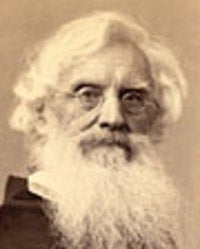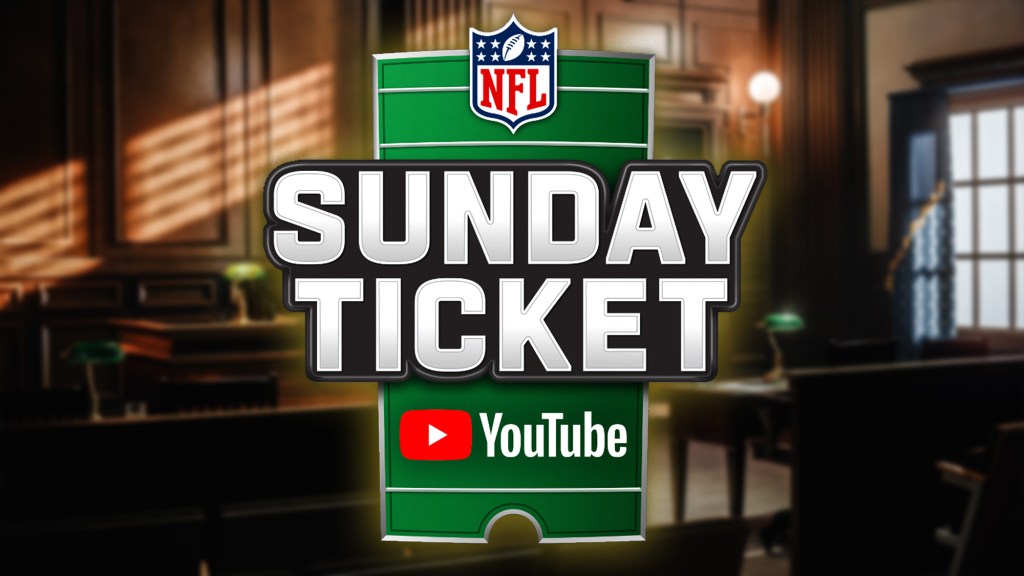I have finally received an answer to the first-ever city-to-city telegraphic transmission that I sent back in 1844, “What hath God wrought?” Apparently, it’s “A fragrant pile of oxshit called The Da Vinci Code.”
Why the movie-going public would choose to see a blasphemous fairy tale about Mr. and Mrs. Jesus Christ is beyond me. My code—a real one, mind you—packs enough excitement for one summertime blockbuster and a whole series of sequels and promotional merchandise. To overlook it is an outrage!
What are the show-businessmen thinking, passing me over like this? I have repeatedly telegraphed my agent, but have yet to hear back from him. Don’t they realize the Morse Code revolutionized communication, transformed commerce, facilitated the expansion of the American West, and forever altered the way humans looked at their world in ways The Da Vinci Code only wished it could?
The action scenes, based to the letter on real-life events, would be unparalleled. In one “electrifying” sequence, my code is used to wire the princely sum of $35 from Schenectady, New York, to a deserving tradesman in distant Weehawken, New Jersey, for services rendered. Unbeknownst to the remitters, however, a windstorm the previous night severely damaged several telegraph poles just outside the city limits. Will the poles be mended in time for the wired monies to go through? Or will the transaction fail and the tradesman be forced to borrow money from his stingy and grudge-bearing brother-in-law? Such gripping suspense would be The Morse Code’s stock-in-trade.
To inject some of the fairer sex, we could splice in a scene at a Lowell, Massachusetts textiles factory, with racy telegraphed descriptions of bodices ripping on those great churning looms.
In another sequence, a Chicago newspaper receives a dispatch via telegraph that Congress has passed a wheat tariff just five minutes before deadline. Will it be able to report the news in time for the afternoon edition to hit the streets? Or will its rival publication beat it out, incurring ridicule and possible economic ramifications for the newspaper? Watch The Morse Code and find out!
Of course, what is a movie without memorable catchphrases? The best ones would come during the film’s climax, when the lonely western fort is besieged by angry redskins. The telegraph operator taps out this breathless message:

Upon hearing the fateful clicks, the operator in far-off St. Louis relays the heart-wrenching response:

I guarantee that this exchange, which is not for the lily-livered, will become an instant classic, signaling on telegraphs across the U.S.
My Morse Code movie would not contain a single second of Vatican voodoo, but rather pure, up-to-the-minute Industrial Age action: close-ups of furious telegraphed correspondences between two steamboat captains; fingers of concerned parties intensely “tapping the tin” on locomotives and suspension bridges; telegraphers discussing the wonder of cotton gins, Mr. McCormick’s reaper, Mr. Bessemer’s converter, and all kinds of high-tech hardware.
And might I propose to the picture-house promoters that those under 12 years of age be supplied with special decoders before every screening, so they can follow all the dialogue?
Also, for comedy relief, there could be a minstrel show.
I think I have sufficiently made my case for a Morse Code movie, and eagerly await Hollywood’s response. Surely my code deserves more than a lousy five-second appearance during Great Civil War Gadgetry on the History Channel.
Hell, they gave that damned crystal skull a whole half hour, and that’s not even about history.







